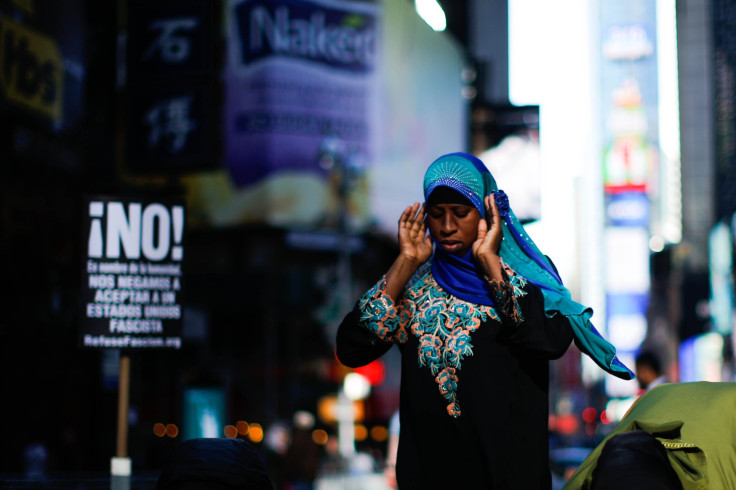Black Muslim Teen Hung In Lake Stevens: Ben Keita’s Family Call For Answers As NAACP Warns Of ‘Escalating Violence’

The parents of an 18-year-old black Muslim man found hanged from a tree in Lake Stevens, Washington, in January renewed their appeal on Wednesday for the FBI to conduct a full investigation. Ben Keita’s death was initially ruled a suicide but the Snohomish County medical examiner later changed its verdict on his cause of death to undetermined.
The altered verdict was based on the fact that the rope from which Keita was hanged was tied unusually high in a tree. However, Lake Stevens police have said there was no suggestion of foul play. And the Seattle Office of the FBI, despite saying they were reviewing the circumstances of his death, said Friday that they were currently in agreement with that assessment.
Read: Muslim Teen Hanged: FBI Investigates Possible Lynching In Seattle
“While it is still premature to make any conclusion because the investigation is active and ongoing, the FBI concurs with [the Lake Stevens Police Department’s] assessment that evidence collected to date does not provide any indication of a criminal act,” FBI spokeswoman Ayn Dietrich said, according to The Herald in Everett, Washington.
But Keita’s parents have insisted he displayed no signs of having suicidal thoughts and have pressed the FBI to take over the investigation.
“There were a lot of questions out there,” Ibrahima Keita said at a press conference Wednesday. “We hope the investigation is still going. We don’t want to speculate anything. We really want answers.”
Last week, Keita’s parents were joined by the Council on American-Islamic Relations in pushing for an FBI investigation. Meanwhile, the Snohomish County chapter of the NAACP included Keita’s death in a statement about its concerns over escalating violence in the community against minority groups.
“Multiple incidents of violence in Snohomish County have had a devastating impact on people of African Descent, Muslims, and other people of color,” the statement read. “It is our contention that these may not be isolated incidents, but rather reflect a pattern of escalating violence against people of African descent, communities of color, Muslims, religious minorities, and other historically marginalized groups.”
Janice Greene, president of the chapter added that the country’s history of lynchings prompted particular concern.
“Any time a Muslim African American man is found hanging, we’re going to take a strong look at that and see what the background is,” she told local news outlet Crosscut.
© Copyright IBTimes 2024. All rights reserved.











